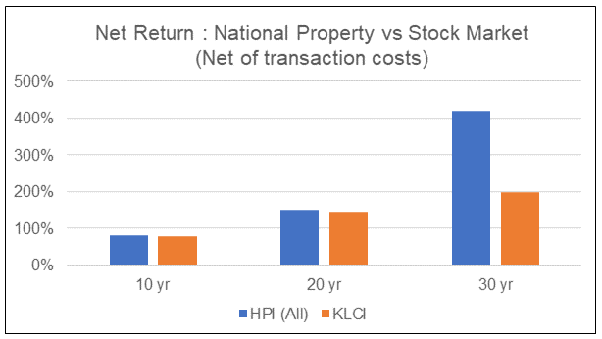
Despite the presence of the NYSE and Nasdaq, the alternative stock market is a relative unknown in the realm of the old guard. The alternative stock market isn't without its faults but it does have a lot to offer both small and big companies. London, Frankfurt New York, Tokyo, and New York are good places to begin. The alternative stock market is, despite its lackluster glamour and thriving innovation hub. Unlike the stock market itself, the alternative stock market is more than just a repository for corporate treasures. The alternative stock market has been a magnet for many start-ups. Some of them have even managed to get in on the ground floor.
One of the best places for start-ups is the UK. The London stock exchange has a well defined and regulated alternative stock stock market. It is home to the largest European stock exchange, offering a wealth of start ups. There are over 60 companies, including some of the most popular ones like Google, Amazon.com, Facebook, Apple, Apple, and Twitter. Venture capitalists still find the alternative stock market attractive, even though it is a bear market. If you are willing to take the chance, it may offer the benefits and stability of a bigger and more established firm.
FAQ
What is the difference in marketable and non-marketable securities
The key differences between the two are that non-marketable security have lower liquidity, lower trading volumes and higher transaction fees. Marketable securities, however, can be traded on an exchange and offer greater liquidity and trading volume. They also offer better price discovery mechanisms as they trade at all times. This rule is not perfect. There are however many exceptions. Some mutual funds are not open to public trading and are therefore only available to institutional investors.
Non-marketable security tend to be more risky then marketable. They typically have lower yields than marketable securities and require higher initial capital deposit. Marketable securities are typically safer and easier to handle than nonmarketable ones.
For example, a bond issued in large numbers is more likely to be repaid than a bond issued in small quantities. The reason is that the former is likely to have a strong balance sheet while the latter may not.
Because they can make higher portfolio returns, investment companies prefer to hold marketable securities.
Why is marketable security important?
An investment company exists to generate income for investors. It does this by investing its assets into various financial instruments like stocks, bonds, or other securities. These securities are attractive because they have certain attributes that make them appealing to investors. These securities may be considered safe as they are backed fully by the faith and credit of their issuer. They pay dividends, interest or both and offer growth potential and/or tax advantages.
It is important to know whether a security is "marketable". This refers to how easily the security can be traded on the stock exchange. If securities are not marketable, they cannot be purchased or sold without a broker.
Marketable securities include corporate bonds and government bonds, preferred stocks and common stocks, convertible debts, unit trusts and real estate investment trusts. Money market funds and exchange-traded money are also available.
Investment companies invest in these securities because they believe they will generate higher profits than if they invested in more risky securities like equities (shares).
What is a mutual-fund?
Mutual funds can be described as pools of money that invest in securities. They allow diversification to ensure that all types are represented in the pool. This reduces the risk.
Mutual funds are managed by professional managers who look after the fund's investment decisions. Some funds let investors manage their portfolios.
Most people choose mutual funds over individual stocks because they are easier to understand and less risky.
Statistics
- The S&P 500 has grown about 10.5% per year since its establishment in the 1920s. (investopedia.com)
- Even if you find talent for trading stocks, allocating more than 10% of your portfolio to an individual stock can expose your savings to too much volatility. (nerdwallet.com)
- "If all of your money's in one stock, you could potentially lose 50% of it overnight," Moore says. (nerdwallet.com)
- Individuals with very limited financial experience are either terrified by horror stories of average investors losing 50% of their portfolio value or are beguiled by "hot tips" that bear the promise of huge rewards but seldom pay off. (investopedia.com)
External Links
How To
How do I invest in bonds
A bond is an investment fund that you need to purchase. While the interest rates are not high, they return your money at regular intervals. These interest rates are low, but you can make money with them over time.
There are many ways you can invest in bonds.
-
Directly purchase individual bonds
-
Buy shares of a bond funds
-
Investing via a broker/bank
-
Investing via a financial institution
-
Investing in a pension.
-
Directly invest through a stockbroker
-
Investing via a mutual fund
-
Investing through a unit-trust
-
Investing through a life insurance policy.
-
Investing in a private capital fund
-
Investing through an index-linked fund.
-
Investing through a hedge fund.